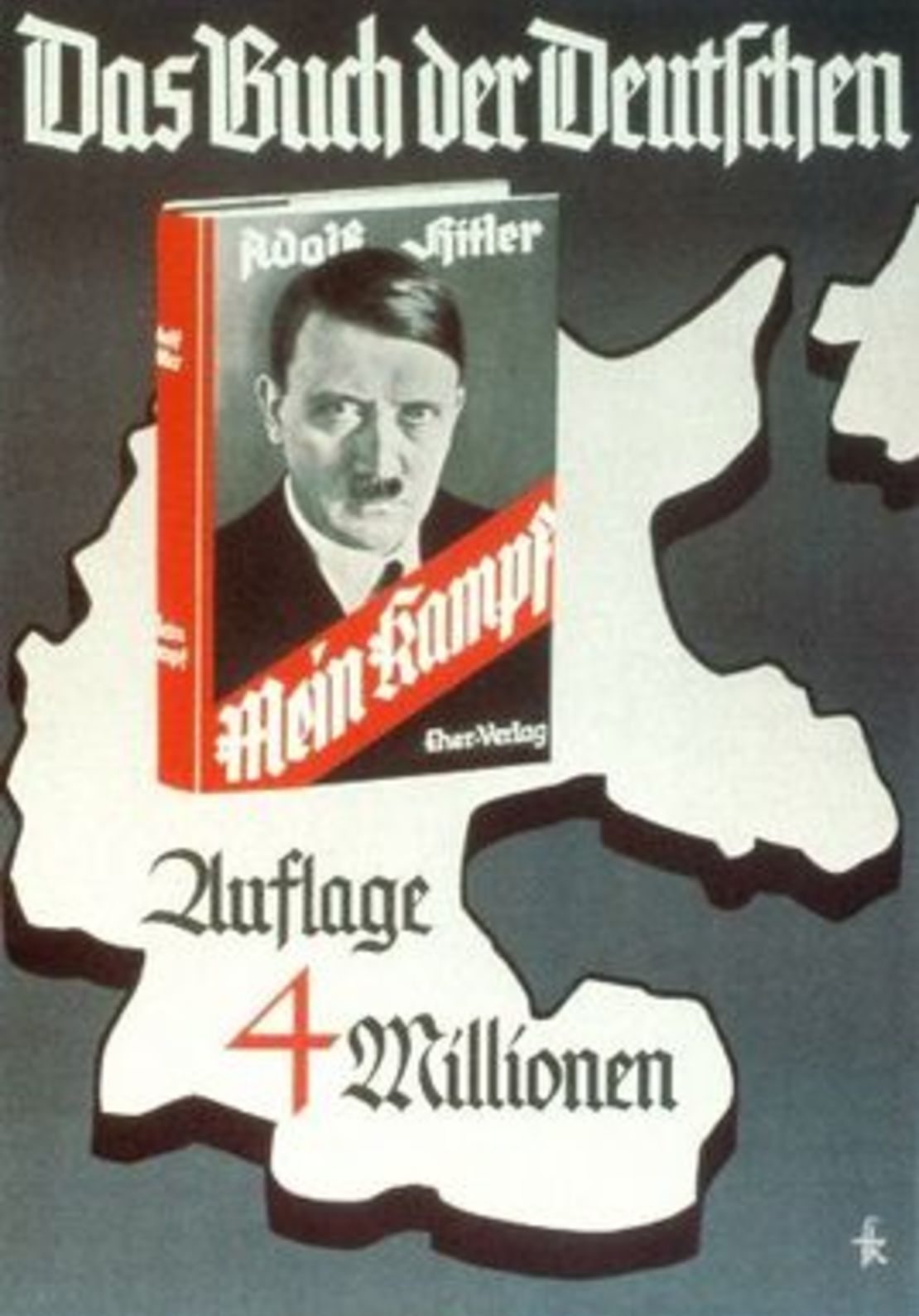Story highlights
Institute: New edition of Hitler's manifesto exposes his "lies, half-truths and vicious tirades"
A madman's rantings may not have been of historic interest had they not become reality, historians say
Republication is possible in Germany because the copyright ran out on December 31
There may be no taboo greater in Germany than to republish Adolf Hitler’s manifesto, “Mein Kampf.” But historians in Munich are breaking it.
The Institute for Contemporary History has reprinted the murderous dictator’s book and is selling it in bookstores for 59 euros ($63) a copy, starting Friday.
It is not appearing in its original form but is heavily annotated to expose the “lies, half-truths and vicious tirades,” the institute said, behind a Nazi vision of racist hostility that ended in the deaths of tens of millions of people in World War II.
Republication is possible in Germany because the copyright on “Mein Kampf” (“My Struggle”) ran out on December 31, 70 years after Hitler’s death.
At the end of World War II, the Allies transferred the copyright to the German state of Bavaria, which applied it to enforce a ban on reprints.
Exposing historic evil
With the copyright gone, the historians saw themselves obliged to be the ones to republish. Their version holds meticulously documented hindsight into Nazi terror up as a mirror to the party’s original declared intents. It wanted to spoil these to those who may still feel attracted to them today.
“It seeks to thoroughly deconstruct Hitler’s propaganda in a lasting manner and thus to undermine the still effective symbolic power of the book,” the Institute for Contemporary History said.
The rantings of a madman may not have been of historic interest had they not become gruesome reality, the institute said. Hitler declared ahead of time in a unique way what horrors he would unleash on Europe, Jews and other minorities, and the world.

“Mein Kampf” was originally around 600 pages long, and the book sported Hitler’s photo with the title splashed across a red background.
The annotations swell the institute’s version, which is titled “Hitler, mein Kampf” (subtitle: “A critical edition”) to about 2,000 pages. Its cover is a dreary gray in gray with no artwork.
Germany’s justice system has vowed that any republication or distribution of the original book without proper annotation is to remain illegal.
Hitler’s grandiose ploys
“Mein Kampf” was the most important documentation of Hitler’s intentions. He wrote it in two volumes between 1924 and 1926 before the Nazis usurped power.
In their ploy to take over government, the Nazis – a short form for the National Socialist German Workers’ Party – attempted a premature coup in 1923. The party was banned, and Hitler was thrown into prison.
There he wrote much of the first volume, which is mostly his glorified autobiography and a history of the party.
The second volume, written mostly during a mountain retreat, details the Nazis’ plans.
Hitler’s writing style is full of convoluted rants and grandiose formulations.
“There is hardly any book that is more overladen with such a multitude of myths, that awakens such disgust and anxiety, that ignites curiosity and stirs speculation, while simultaneously exuding an aura of the mysterious and forbidden,” the institute said.
Credibly handling history
The Institute of Contemporary History has a long track record of historically processing Hitler’s writings.
It has published annotated editions of “Hitler’s Speeches, Writings and Directives, 1923-1933,” “Hitler’s Second Book” and the diaries of ranking Nazis Joseph Goebbels and Alfred Rosenberg.
Publishing a critically annotated version of “Mein Kampf” is consistent with the history of publishing other Nazi documents and is a necessary completion of such documentation, the institute said.
The perceived taboo break is, in reality, no longer that big in the digital age, the institute said. Germans can easily get their hands on English-language copies of “Mein Kampf” or find the original floating around on the Internet.






